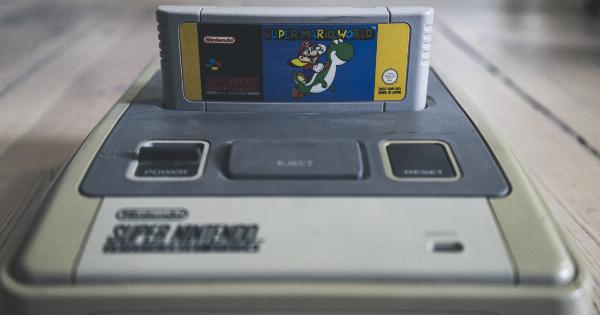Cracking your fingers is an action many people either do themselves or witness others doing.
It may seem like a harmless habit, but the question remains: is cracking your fingers bad for you? While some argue that it can lead to joint problems or arthritis, others believe it has no lasting negative effects. In this article, we will delve into the subject and explore the potential consequences and benefits of cracking your fingers.
Understanding What Happens When You Crack Your Fingers
Before we delve into the possible consequences, it’s necessary to understand what actually happens when you crack your fingers.
The sound you hear when cracking your fingers is caused by the sudden release of gas bubbles that have built up within the synovial fluid present in your joints. When you apply pressure or forcefully pull your finger joint, you cause a drop in pressure within the joint capsule. As a result, the gas bubbles burst, creating the characteristic cracking sound.
The Myths and Misconceptions Surrounding Finger Cracking
There are numerous myths and misconceptions concerning finger cracking. One common misconception is that it can cause arthritis. However, research has shown no conclusive evidence supporting this claim.
In fact, several studies have found no correlation between finger cracking and an increased risk of developing arthritis.
Another myth suggests that popping your fingers can lead to weaker grip strength. Again, this has been discredited by scientific studies. No consistent data has indicated any impact on grip strength as a result of cracking your fingers habitually.
The Potential Consequences of Cracking Your Fingers
While there is no definitive proof that cracking your fingers leads to arthritis or diminished grip strength, there are some potential consequences to consider:.
1. Ligament Damage:
Repeated and forceful finger cracking may potentially damage the ligaments surrounding the joint. The excessive stretching and movement of the ligaments can lead to instability, chronic laxity, or even hypermobility in some cases.
2. Reduced Range of Motion:
Long-term finger cracking has the potential to reduce your joint’s range of motion. This limitation can affect your normal daily activities, particularly if it occurs in crucial hand joints, such as the metacarpophalangeal (MCP) joint.
3. Soft Tissue Swelling:
Although rare, finger cracking can occasionally result in soft tissue swelling. The repetitive mechanical stress on the surrounding tissues can cause inflammation and, in some instances, result in localized pain and swelling.
4. Habitual Dependency:
One consequence of cracking your fingers is the development of a habitual dependency, where you feel the need to crack your fingers frequently.
This dependency can be psychologically concerning and may affect your ability to focus or complete tasks without the satisfying sensation of cracking.
The Potential Benefits of Cracking Your Fingers
Despite the potential consequences, some individuals argue that finger cracking provides certain benefits, such as:.
1. Temporary Relief:
Cracking your fingers can provide a momentary sense of relief or release, especially if you’ve been experiencing stiffness or tension in your joints. The sensation of cracking can create a feeling of increased mobility and decreased tightness.
2. Stress Reduction:
Similar to other habits like tapping a pen or chewing on a pen cap, cracking your fingers can serve as a stress-relieving mechanism for some people. It can offer a brief distraction or outlet for nervous energy, providing a sense of relaxation.
3. Enhanced Joint Perception:
Cracking your fingers may increase your body’s awareness of joint position. The popping sound and feeling can improve proprioception, which is your ability to sense your body’s position and movements in space.
This heightened sensation may benefit individuals participating in activities that require fine motor control.
Should You Stop Cracking Your Fingers?
The decision to stop cracking your fingers ultimately depends on your personal preference and any potential discomfort or consequences you may be experiencing.
If you’re cracking your fingers habitually and it has become a dependency, it may be worthwhile to explore alternative stress-relieving techniques or seek professional advice.
However, if cracking your fingers provides temporary relief and does not cause any discomfort or limitations in your daily life, it may not be necessary to stop the habit altogether.
Conclusion
Despite the numerous myths and misconceptions surrounding finger cracking, there is no concrete evidence to suggest that it leads to arthritis or diminished grip strength.
While potential consequences, such as ligament damage or reduced range of motion, exist, they are often dependent on the frequency and forcefulness of finger cracking.
If you find yourself cracking your fingers occasionally and experience no discomfort or limitations, it is likely safe to continue this habit.
However, if you feel dependent on cracking your fingers or suffer from any negative effects, it may be beneficial to explore alternative stress-relieving techniques or seek professional guidance.































